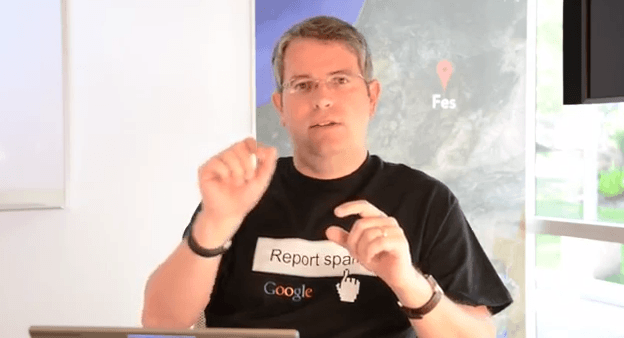Matt Cutts, Google’s head of search spam, answers a question about social media signals in his latest Webmaster Help video where a user writes in to ask:
Are Facebook and Twitter signals part of the ranking algorithm? How much do they matter?
Facebook and Twitter pages are treated just like any other indexed pages, Matt explains. If Google is able to crawl it on Facebook and Twitter, it will be included in the search results.
Google Doesn’t Crawl Social Media Sites Like Other Pages
To the best of Matt’s knowledge, there are currently no signals in the ranking algorithms that put any weight on how many Facebook likes or Twitter followers a specific page has.
The reason for this, Matt says, is that there was one instance where Google was blocked from crawling these pages for over a month. As a result, Google engineers are weary of doing any kind of special engineering work to extract data from pages when they might get blocked from being able to crawl them in the future.
Another reason why they don’t crawl social media sites too extensively is due to the personal and time sensitive nature of the content. If Google crawled social media pages the way they crawl other sites, the snippets could end up containing information the user didn’t intend to have showing up in search results.
Social Signals Seem To Have No Affect On Rankings
Matt says not to assume that because there is a signal on Facebook or Twitter pointing to your site that Google is able to access it. This is due to various reasons such as the social media profile being blocked from public viewing, or the link is no-followed, or other things like that.
As a result of not being able to access social signals, Matt gives the impression that they don’t directly influence rankings. Matt goes back to the familiar argument of correlation does not equal causation. An awesome piece of content doesn’t rank well because it has a lot of Facebook likes, it ranks well because it’s awesome, and in turn it gets shared on Facebook a lot because it’s awesome.
Influence To Be A Factor in the Future
Matt ends the video by saying that in the future he expects Google to be able to better identify who is writing content where and place more importance on it based on the influence of the individual. But for the time being, Google has to crawl the web as it is.
To hear Matt’s full explanation, please see the video below:


